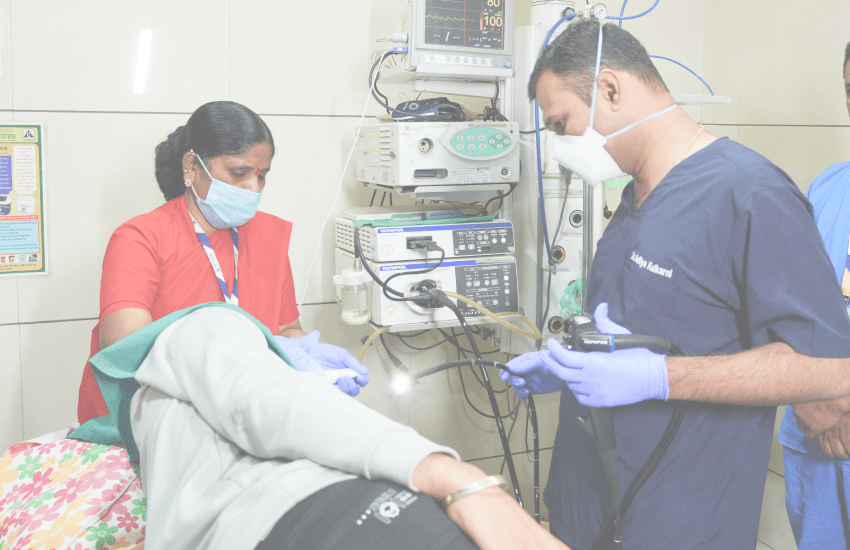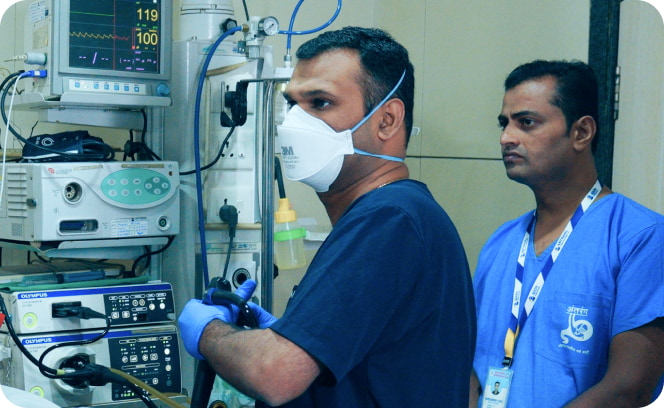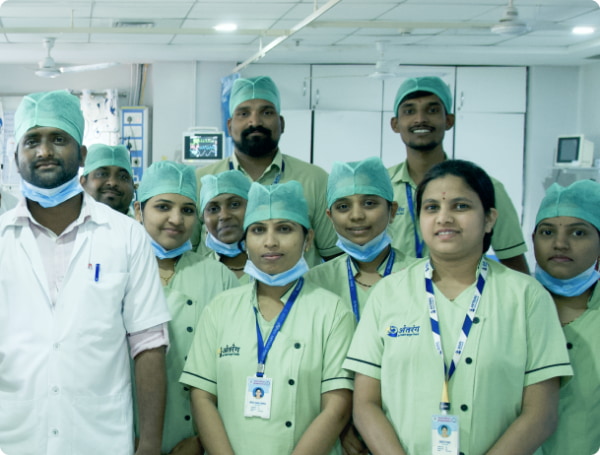MANOMETRY
Manometry is a medical procedure that measures the strength and coordination of the muscles in the esophagus and the lower esophageal sphincter (LES). The procedure diagnoses conditions such as achalasia, esophageal spasm, and gastroesophageal reflux disease (GERD).

MANOMETRY

Manometry is a medical procedure that measures the strength and coordination of the muscles in the esophagus and the lower esophageal sphincter (LES). The procedure diagnoses conditions such as achalasia, esophageal spasm, and gastroesophageal reflux disease (GERD).
OVERVIEW
During the manometry procedure, a thin tube with sensors is inserted through the nose or mouth and passed down to the esophagus. The sensors detect the pressure of the muscles in the esophagus and the LES as the patient swallows. This information is recorded and used to diagnose and plan treatment for the patient’s condition.

PROCEDURE DETAILS
RISKS & BENEFITS
The risks of manometry are relatively low and include mild discomfort, nosebleeds, and a temporary sore throat. The benefits of manometry include an accurate diagnosis of the patient’s condition, which can help guide treatment and improve their quality of life.
RECOVERY AND OUTLOOK
After the procedure, patients may experience mild discomfort or a sore throat, but these symptoms typically resolve within a few days. Patients can resume their normal activities immediately following the procedure. The outlook for patients who undergo manometry depends on the specific condition being treated and the effectiveness of treatment.
In summary, manometry is a safe and effective procedure that is used to diagnose conditions affecting the esophagus and LES. It is typically an outpatient procedure with low risks and a quick recovery time. The procedure can provide valuable information for the diagnosis and treatment of various conditions, and the outlook for patients who undergo manometry depends on their specific condition and the effectiveness of treatment.

RECOVERY AND OUTLOOK

After the procedure, patients may experience mild discomfort or a sore throat, but these symptoms typically resolve within a few days. Patients can resume their normal activities immediately following the procedure. The outlook for patients who undergo manometry depends on the specific condition being treated and the effectiveness of treatment.
In summary, manometry is a safe and effective procedure that is used to diagnose conditions affecting the esophagus and LES. It is typically an outpatient procedure with low risks and a quick recovery time. The procedure can provide valuable information for the diagnosis and treatment of various conditions, and the outlook for patients who undergo manometry depends on their specific condition and the effectiveness of treatment.
Don’t wait!!
Get consulted with our GI specialist today
Book your appointment effortlessly.





